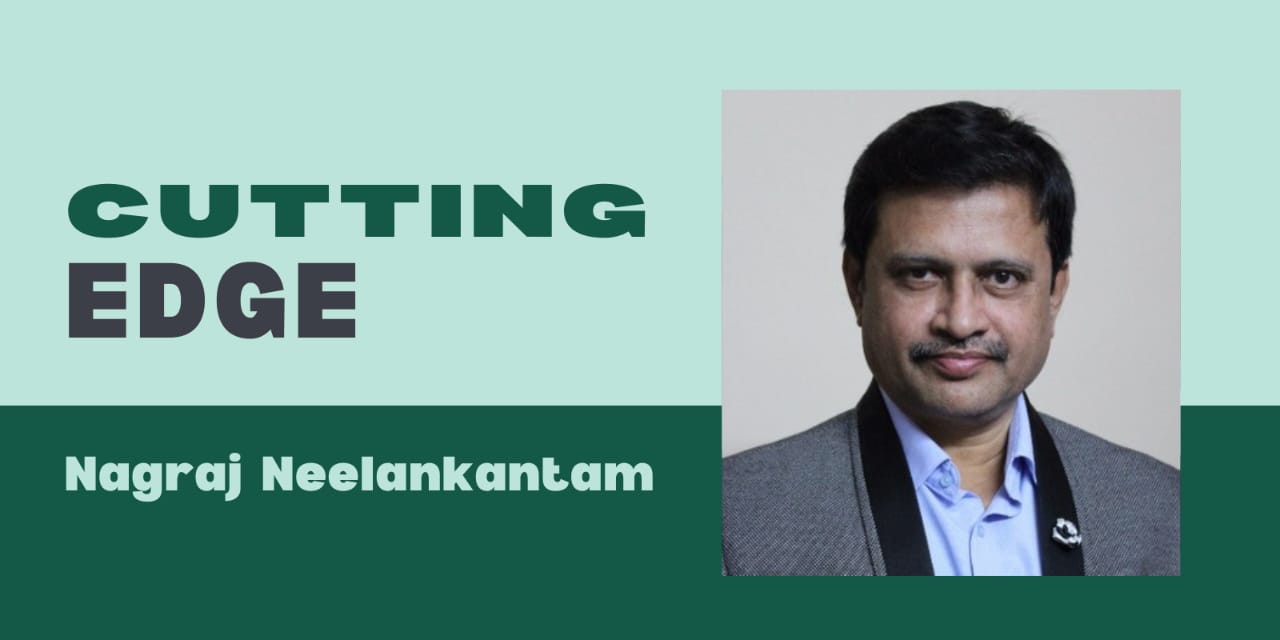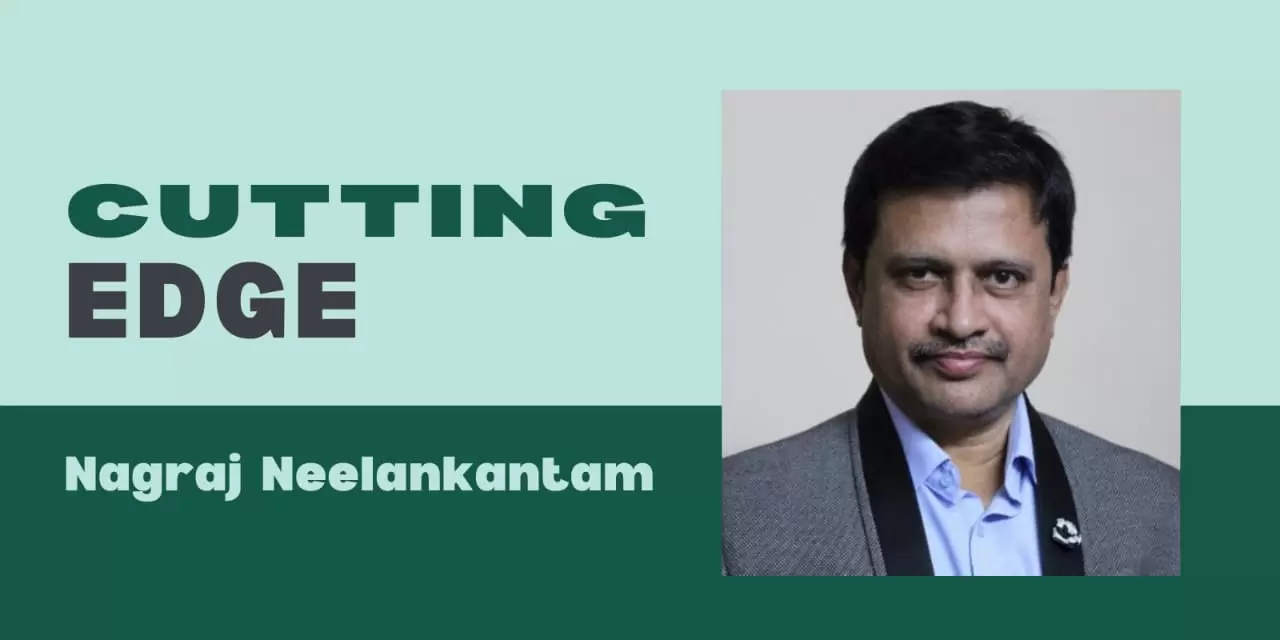The Government of India’s recent decision to ban real-money online gaming—reportedly passed in a seven-minute parliamentary move—has sparked fierce debate. Critics decry it as a hasty guillotine on a billion-dollar industry, while supporters defend it as a necessary safeguard against gambling-like exploitation. To grasp the deeper meaning of this move, one must go beyond headlines, tracing India’s long struggle with exploitative industries like lotteries, and viewing the decision through the governance philosophy of Prime Minister Narendra Modi.
Lotteries offer a telling parallel. Once state-run and often illegally manipulated, they thrived on the desperation of the poor while delivering little social benefit. My own experiences underscored this:
- In New York in 1984–85, a friend shrugged off the odds, saying, “I may lose a dollar, but if I win, I’ll never have to work again.” The hope was intoxicating, though the chances were infinitesimal.
- In India, I once joined a scheme promising prizes across every 1,000 tickets. Though I received a small return, the lesson was stark—such systems exploit many to reward a few.
India eventually banned state lotteries, not simply as an economic adjustment but as a social safeguard, protecting the poorest from ruin. The current gaming ban echoes that legacy.

Unlike the U.S., where presidential whims can sometimes shape policy, India’s democratic process—though turbulent—leans towards inclusive protection. Reforms like the lottery ban, the outlawing of Triple Talaq, and the abrogation of Article 370 were not impulsive decrees but carefully prepared measures aimed at stability and fairness.
This reflects Modi’s broader philosophy: governance rooted in uniformity, inclusivity, and the protection of the vulnerable—even when it means sacrificing short-term economic interests. Consider the trajectory:
- Basic Necessities: Swachh Bharat Mission—“a toilet is more important than a temple.”
- Financial Inclusion: Jan Dhan Yojana brought banking to the poorest households.
- Food Security: Free rations were extended to nearly 38% of the population.
- Economic Strength: India’s rise among the world’s leading economies.
- National Security: From surgical strikes to indigenous missile systems like Akash-6.
- Strategic Governance: The Article 370 move, years in preparation, not a whim.
Seemingly sudden actions, in this framework, are rarely impulsive. They are the visible tip of long-term groundwork.

The gaming industry, much like lotteries, undeniably created jobs and attracted investment. But its social costs fell heaviest on the poor:
- Industry Gained: Revenues, capital, and growth.
- The Poor Lost: Wages, mental health, and family stability—chasing statistically impossible wins.
Thus, the ban is less a blunt guillotine than a deliberate prioritisation of social protection over corporate profit.
Labeling it a “seven-minute execution” oversimplifies reality. As with Triple Talaq or Article 370, the visible parliamentary moment was preceded by years of study, debate, and preparation—along with recognition of global patterns of gambling harm.
Critics call the ban populism. But saving families from bankruptcy, preventing addiction-driven suicides, and dismantling exploitative business models cannot be dismissed as vote-chasing. These measures are anchored in a deeper moral compass guiding Indian governance.
India now stands at a critical balance point—proud of its digital innovation, yet unwilling to mortgage its social fabric. Choosing to protect the vulnerable, even at the cost of billion-dollar industries, reflects a redefinition of ambition: progress that uplifts the weakest rather than exploits them.
The gaming ban is not the death of opportunity but its reimagination—where technology must serve development without corroding society. Far from a rash guillotine, it is part of India’s historical resolve to dismantle exploitative industries and shield its poorest citizens.
Behind those “seven minutes” lie years of preparation, a philosophy of inclusive governance, and a vision of Bharat as strong, self-reliant, and compassionate. This decision is not about shutting doors but about opening fairer ones—ensuring that India’s rise does not come at the cost of its most fragile citizens.






